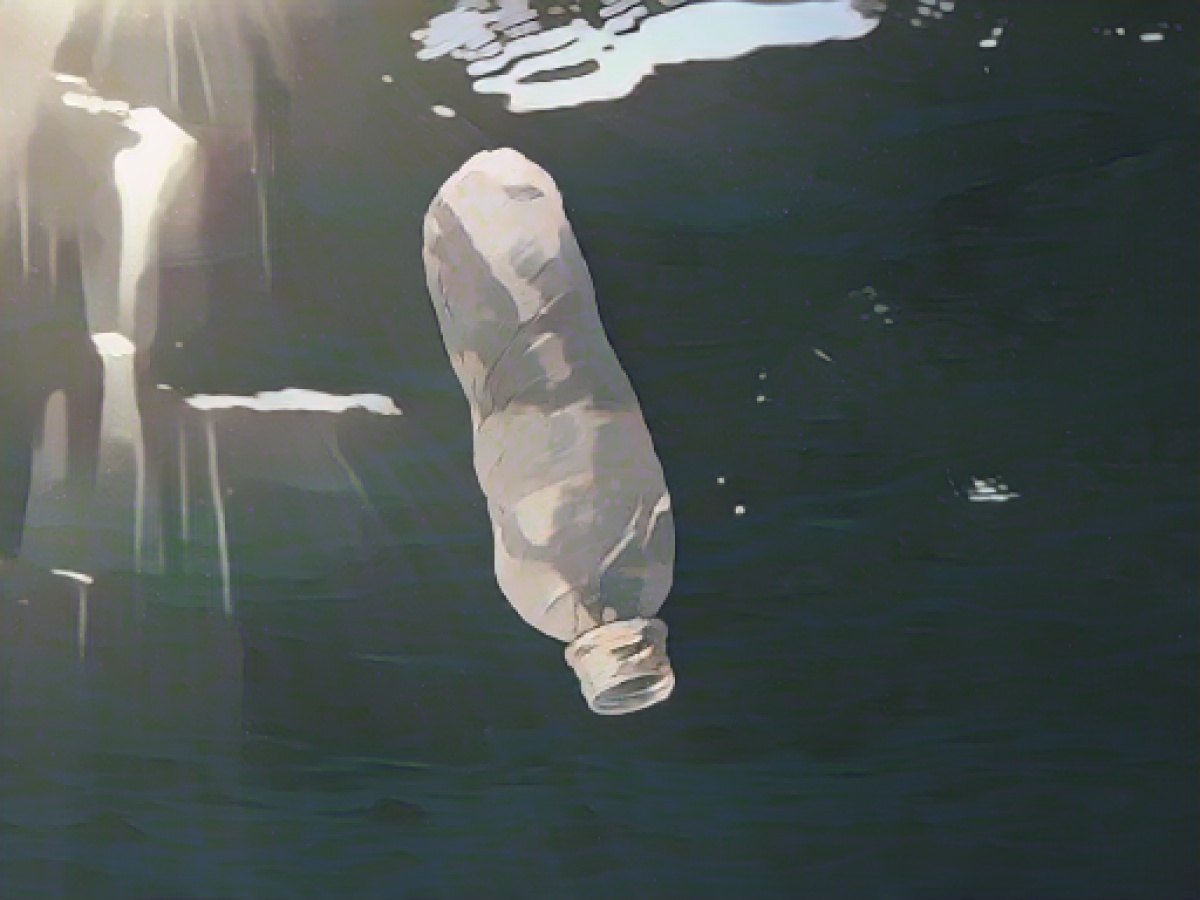Environmental activists: plastic avoidance instead of clean-up campaigns
In the fight against plastic pollution in the sea, environmental activists are calling for a stronger focus on prevention rather than disposal.
Cleaning technologies could be expensive, have unintended consequences for the environment and also distract from real solutions, warn the non-governmental organizations OceanCare and Environmental Investigation Agency in a report. On November 13, the third round of United Nations negotiations for a binding international agreement on plastic pollution will begin in Kenya.
For the report, the authors analyzed studies and research on the use of clean-up technologies. Over the past decade, numerous devices and technologies have been developed to recover plastic from oceans and rivers. A 2020 study identified 38 technologies, some of which are already in use and some of which are still under development.
Use of clean-up technologies also carries risks
As good as the ideas sound, their use also entails risks: plastic waste and marine life often collect in the same places. Studies have documented a risk to ecosystems both on the high seas and in coastal areas, for example through bycatch of marine animals and other creatures. It should also be borne in mind, for example, that the use of clean-up ships on a large scale has a negative impact on the climate due to the emission of greenhouse gases. However, the amount of waste collected remains manageable compared to the amount of plastic produced.
"These clean-up projects seem very appealing to the public and decision-makers. Wouldn't such a simple solution be great? To simply sail through the oceans with a kind of vacuum cleaner and otherwise do business as usual? In reality, however, such technologies are inefficient, expensive, only a sham solution and also a danger to marine wildlife," said expert Ewoud Lauwerier from OceanCare.
Avoid plastic pollution in principle
The authors call for clean-up technologies to only be considered in cases of extremely polluted ecosystems. Their use must be continuously monitored to ensure that it does not lead to new environmental destruction. The focus of the negotiations on the plastics agreement must be on avoiding plastic pollution in principle and supporting local solutions. "Clean-up measures must be coupled with binding provisions to reduce the overall production and consumption of plastics and with global design criteria to promote the safe and sustainable design of plastic products," the report states.
Scientists estimate that between 4.8 and 12.7 million tons of plastic waste end up in the oceans every year. This corresponds to approximately one truckload per minute. The United Nations wants to draw up a convention by 2024 in which binding rules and measures are defined that cover the entire life cycle of plastic. The UN's aim is to massively reduce environmental pollution caused by plastic waste by 2040.
- Despite the development and use of various clean-up technologies to extract plastic waste from the ocean, experts like Ewoud Lauwerier from OceanCare caution against relying solely on these methods, as they pose risks to marine ecosystems and are often inefficient and expensive in the long term.
- In line with their advocacy for prevention over clean-up campaigns, environmental organizations argue that the United Nations negotiations on a binding international agreement on plastic pollution should prioritize measures to reduce plastic production and consumption, as well as promote the safe and sustainable design of plastic products, rather than solely focusing on waste removal.
Source: www.dpa.com







